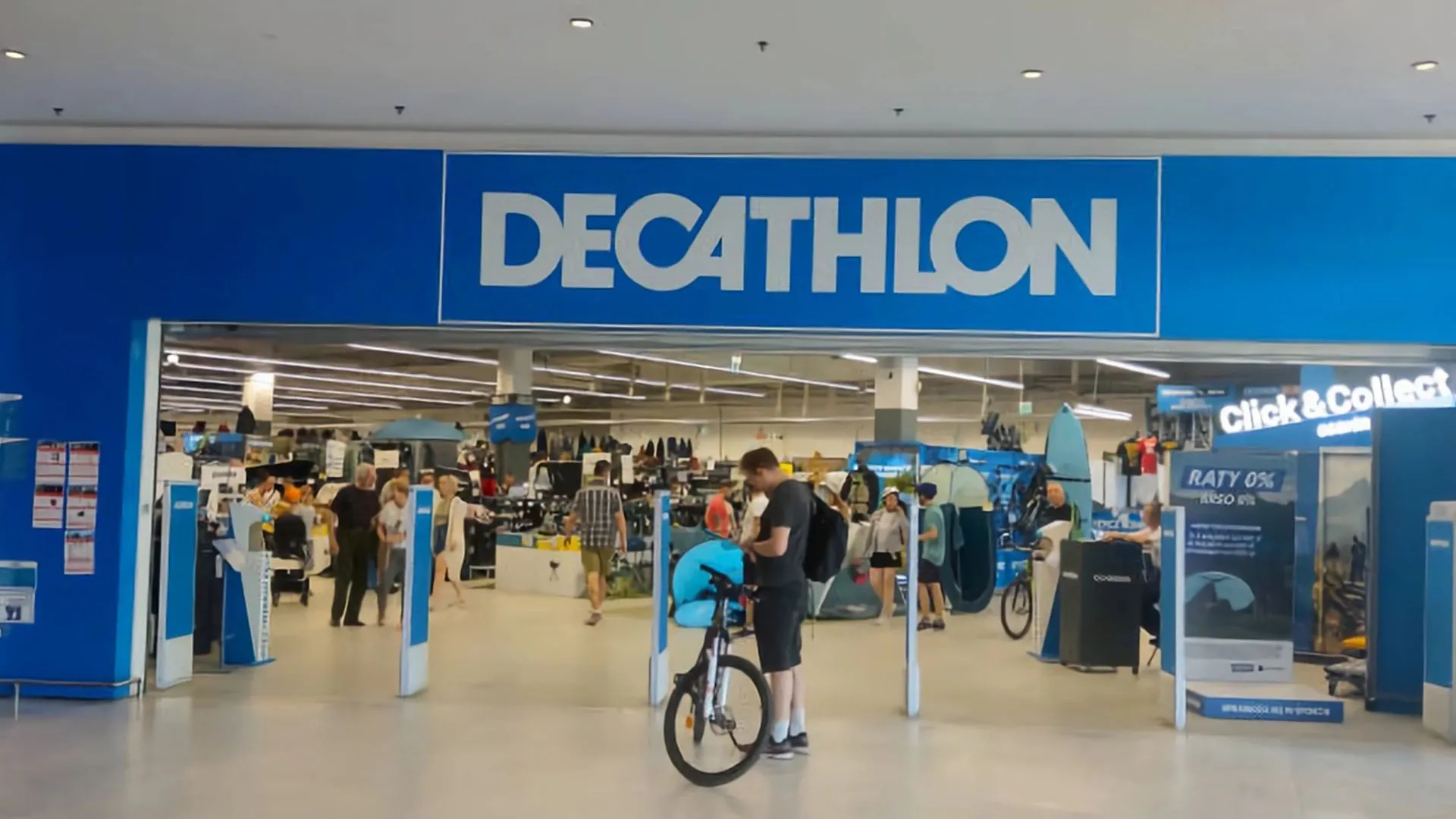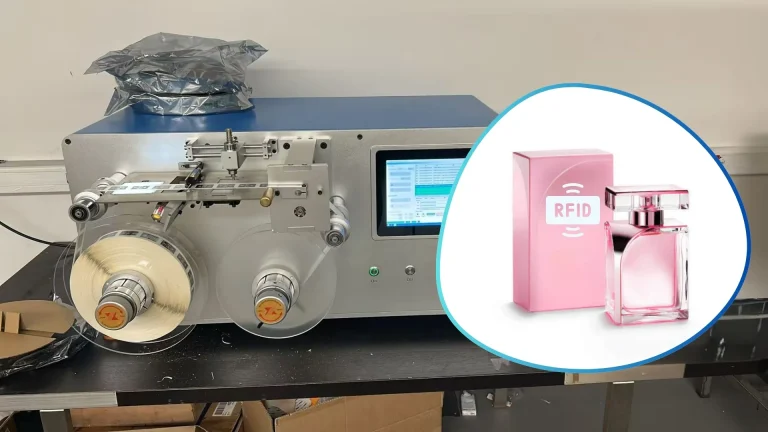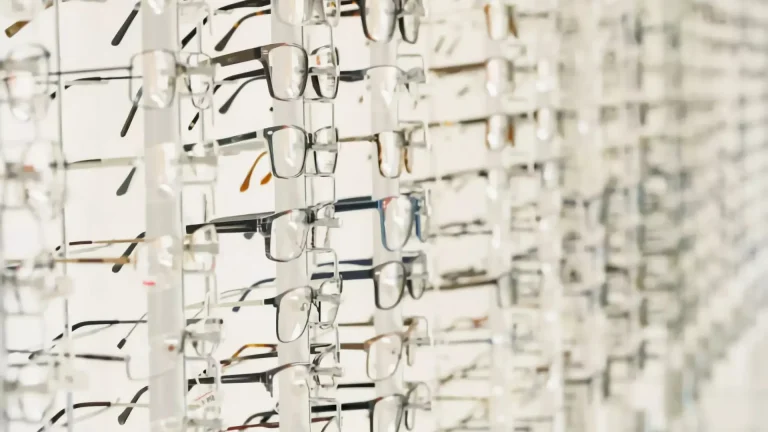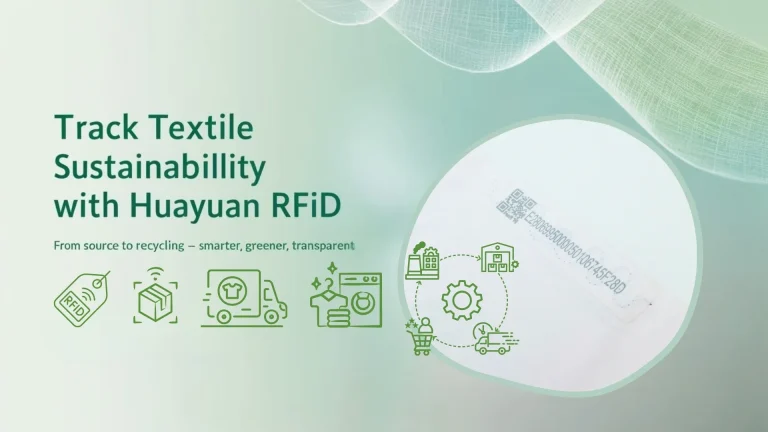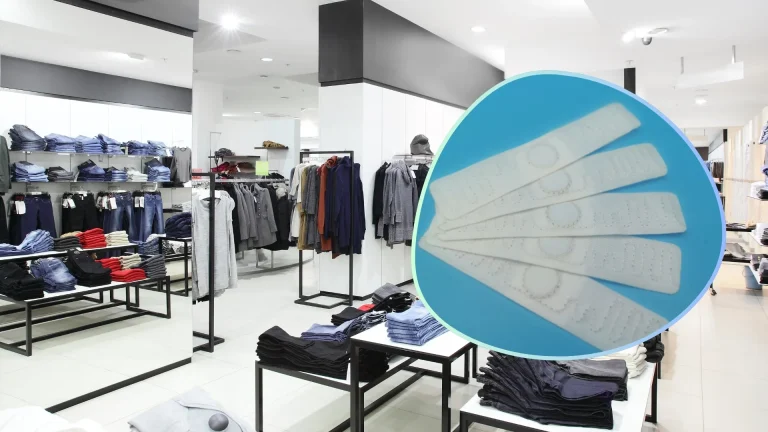RFID Case Study: How Decathlon Transformed Retail with RFID Technology
At Shanghai HUAYUAN Electronic, we specialize in passive RFID tags, offering innovative solutions for the apparel sector. With years of experience, we understand the unique challenges faced by businesses, particularly in inventory management, product traceability, and enhancing customer service. A perfect example of how RFID can transform these areas is seen in the extensive use of RFID technology at Decathlon, a global leader in retail.
Let’s explore how RFID technology has improved Decathlon’s operational efficiency and customer experience, and how it can benefit your apparel business.
Challenge
Decathlon faced a significant challenge: ensuring product availability in stores to prevent lost sales due to customers being unable to find desired items. The company sought a solution that would not only improve inventory management but also enhance the overall shopping experience. RFID technology emerged as the ideal solution, offering the potential to accelerate checkout processes and improve product traceability across the supply chain. Decathlon’s innovative spirit and commitment to customer satisfaction drove the decision to deploy RFID tagging across its operations.
Solutions
Decathlon integrated RFID technology at every stage of its supply chain, from manufacturing to distribution and retail. The company began source-tagging its branded products at manufacturing plants in 2013, embedding RFID labels with unique identification numbers during the production process. This allowed for seamless tracking from factories to distribution centers and stores worldwide.
In logistics warehouses, fixed RFID readers were used to read product IDs from RFID tags, ensuring accurate inventory management. Non-Decathlon products were tagged with RFID labels at the logistics warehouses, with over 85% of products eventually RFID-tagged. Decathlon partnered with RFID tag companies to develop custom RFID labels, optimizing packaging and printing processes to enhance efficiency.
In stores, RFID technology enabled faster and more accurate inventory checks using handheld RFID readers. The company also implemented RFID-based checkout systems, allowing customers to enjoy a seamless payment experience. Additionally, EAS-RFID gates at store entrances enhanced security by detecting unpurchased items.
Timeline: When and How the Integration Happened
- 2008: Decathlon launched its first RFID trials in France.
- 2011: The company expanded RFID testing to 9 stores and 9 warehouses across Europe.
- 2013: Decathlon became the first retailer to incorporate RFID tags at the product manufacturing stage.
- 2016: Decathlon’s RFID project was recognized as one of the most extensive in the retail industry.
- 2019: All Decathlon products were assembled with RFID tags during the production process.
- 2021: Decathlon introduced checkout systems that allowed payments anywhere in the store without handling products, using smartphones, payment card readers, and RFID readers.
Benefits of RFID Technology for Decathlon
RFID technology has delivered significant benefits for Decathlon, including:
Improved Product Availability: RFID ensures that products are always available on shelves, reducing lost sales due to stockouts.
Faster Checkout: RFID-enabled checkout systems have streamlined the payment process, enhancing the customer experience.
Enhanced Security: RFID tags act as anti-theft devices, reducing shrinkage and improving product security.
Operational Efficiency: RFID has simplified inventory management, allowing employees to focus on customer service rather than manual stock checks.
Sustainability: RFID supports Decathlon’s sustainability goals by improving traceability and facilitating recycling through better access to product composition data.
How RFID Can Transform Your Apparel Business
Decathlon’s success with RFID technology highlights the potential for other apparel businesses to achieve similar results. By integrating RFID into your operations, you can:
Streamline Inventory Management: Gain real-time visibility into stock levels, reducing overstock and stockouts.
Enhance Customer Experience: Faster checkouts and improved product availability lead to higher customer satisfaction.
Boost Operational Efficiency: Automate manual processes, freeing up staff to focus on customer engagement.
Support Sustainability: Improve product traceability and lifecycle management, contributing to a more sustainable business model.
Conclusion
Decathlon’s journey with RFID technology demonstrates the profound impact it can have on retail operations, customer experience, and sustainability. At Shanghai HUAYUAN Electronic, we specialize in providing advanced RFID solutions tailored to the needs of apparel businesses.
Ready to take your apparel business to the next level with RFID? Contact us today to learn more about how our innovative RFID solutions can drive growth and sustainability for your brand.

